Dunavska 35, 21101 Novi Sad
Dunavska 35, 21101 Novi Sad
The scientifically complex permanent exhibition presents the development of the human kind in the present territory of Vojvodina, covering the span of eight thousand years. On 3,000 square meters 6,000 objects represent archaeology, general history, arts history and ethnology. The permanent exhibition gives a synthesis of the region’s several millennia long history.
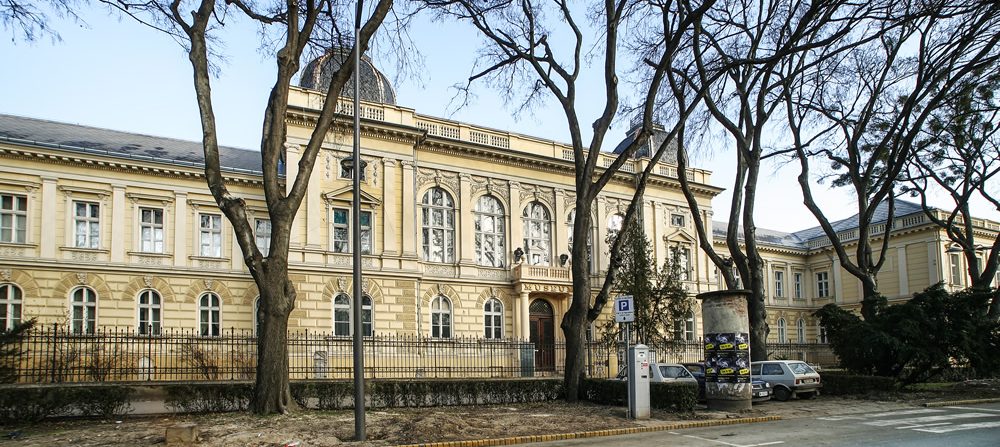
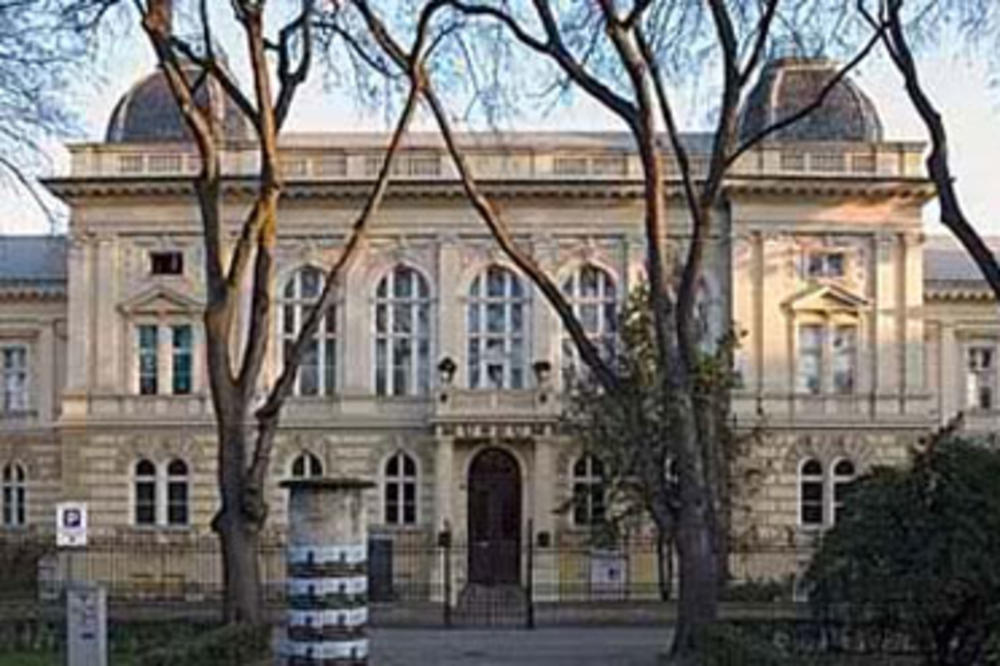
The Museum of Vojvodina is the most complex museum in Serbia, with a tradition of more than 170 years. Part of its rich collection is exhibited in two buildings that are true architectural pearls of the city The luxurious building at Dunavska 35 was built in 1896 in the style...
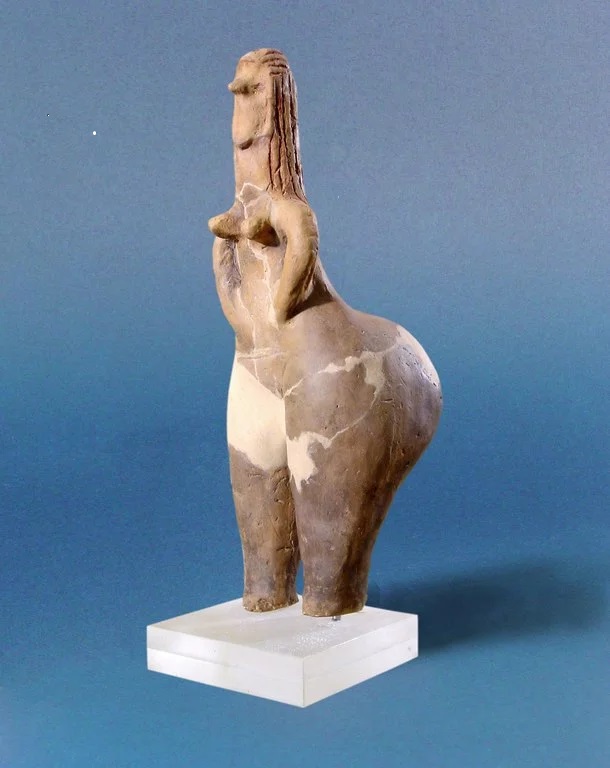
One of the most beautiful archaeological objects found on the territory of Vojvodina is the so-called Red-Haired Goddess, which reflects the connection between the fertility of women, the earth and the plant world.
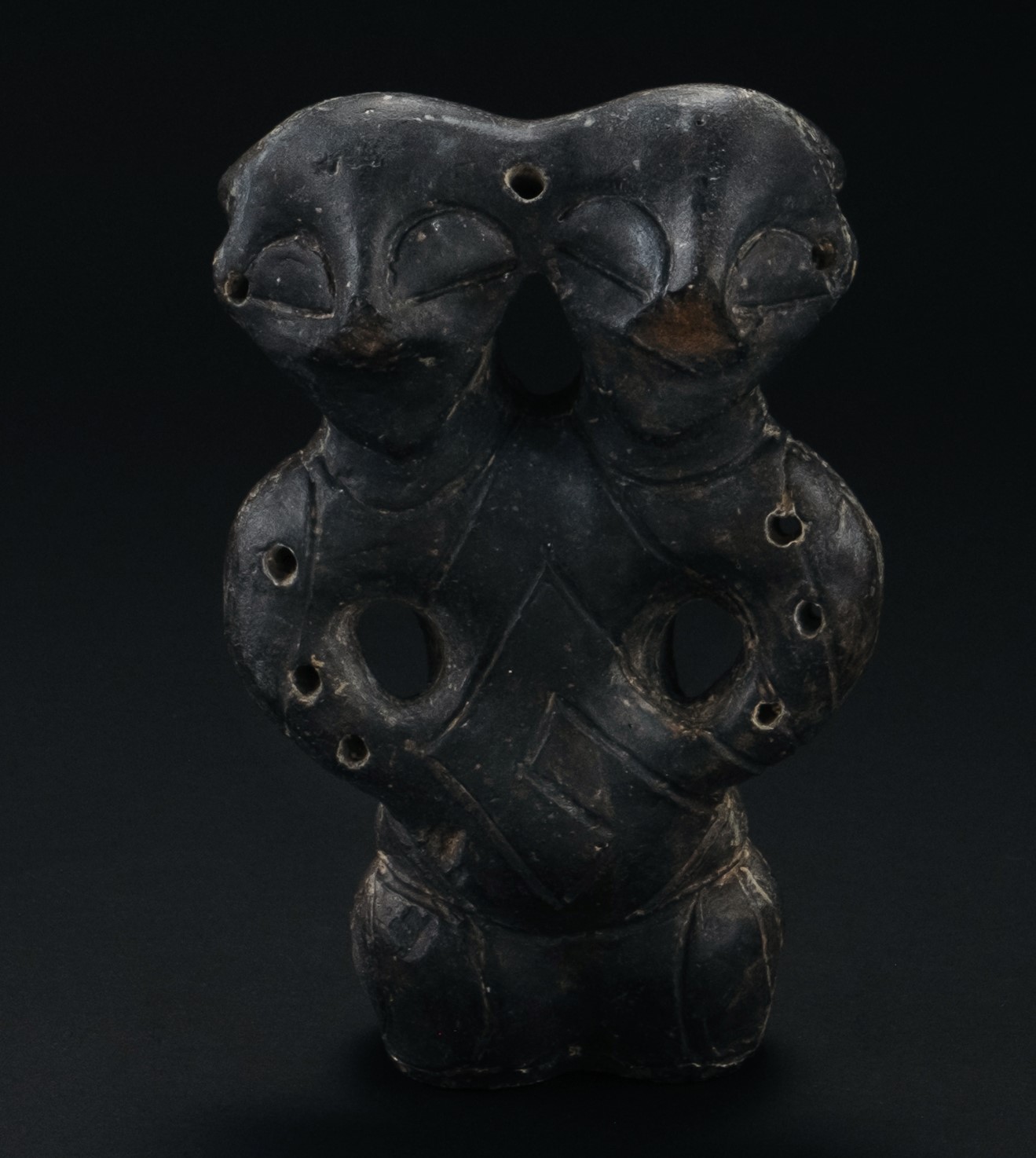
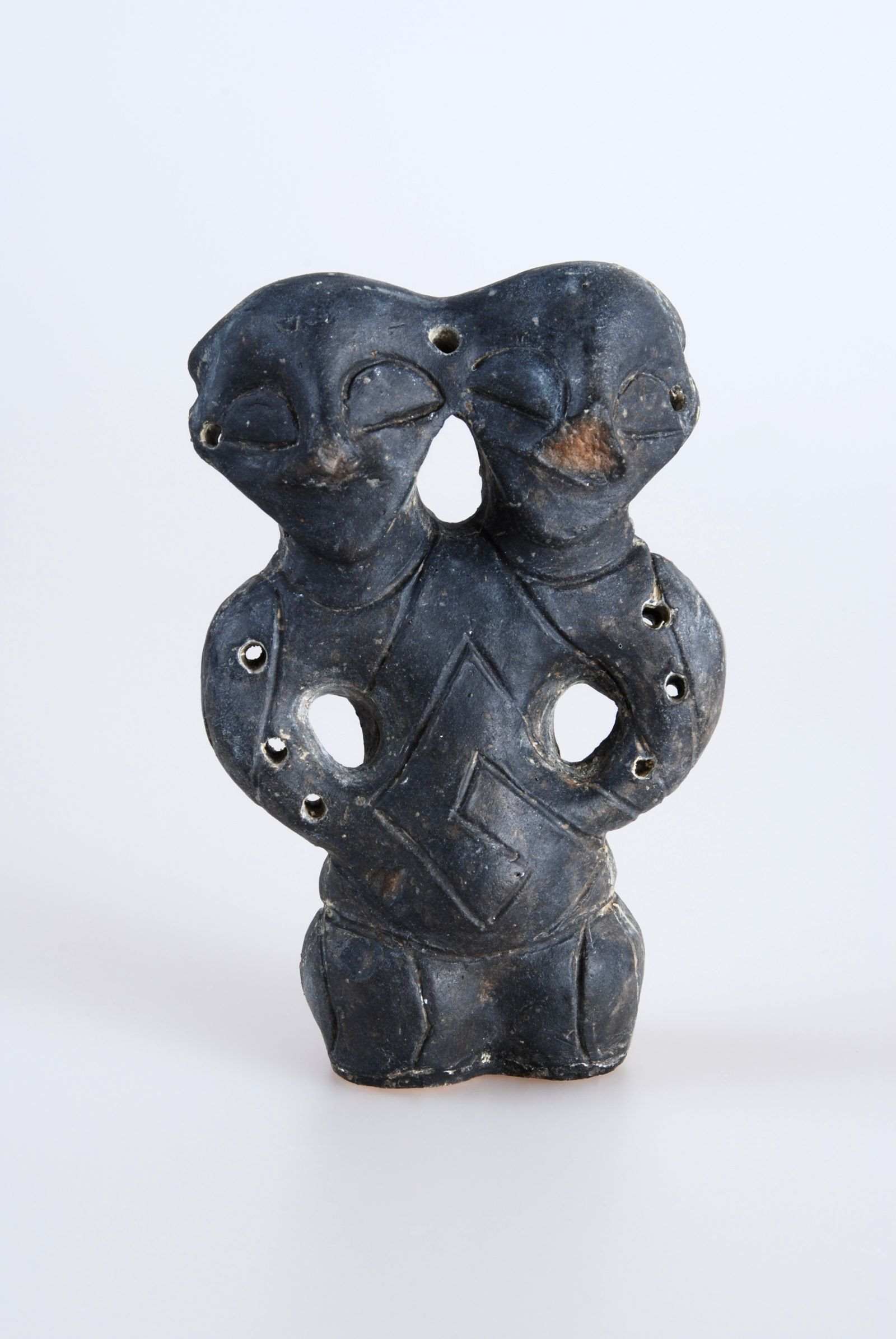
Are you looking at a realistic representation of Siamese twins from the Neolithic or some cult object? The meaning of the unusual two-headed figurine is still a mystery to us.
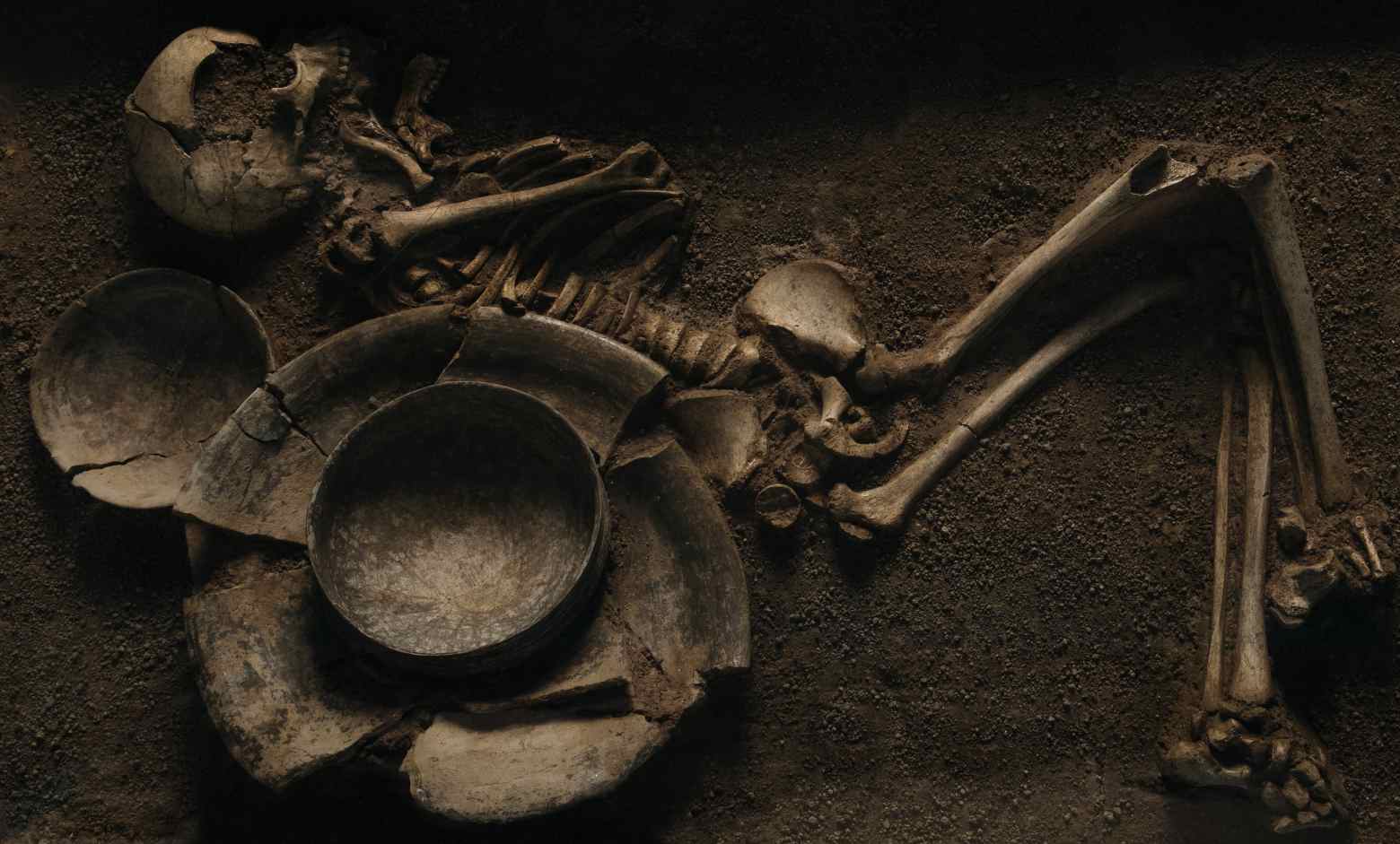
Human society was constantly progressing with the discovery of new raw materials and new ways of making artifacts. However, from prehistory to the present day, one thing did not change: the respect for the dead.
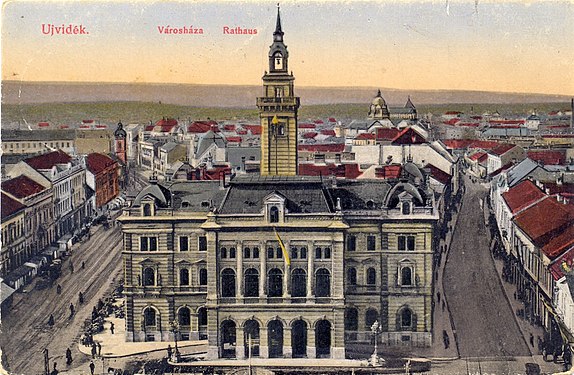
Mounds or tumuli are graves filled with a large amount of earth, created in the funeral rituals of members of the steppe tribes that came from the east. Over 2,000 have been recorded in one part of Vojvodina, but archaeologists have so far investigated only a few.
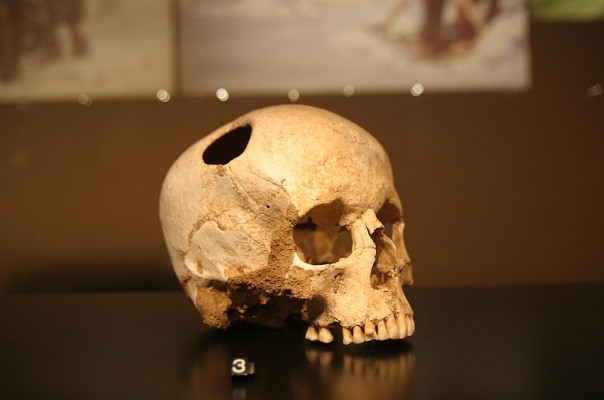
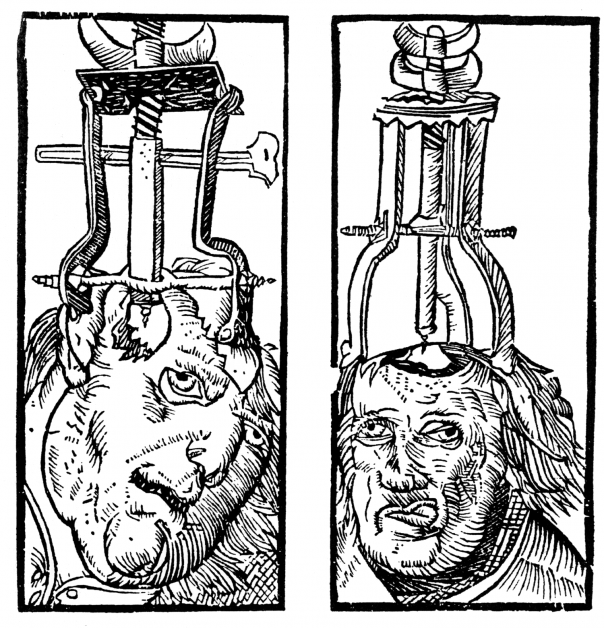
Can you imagine what the first form of neurosurgical practice looked like? Neurosurgical practices without anesthesia, modern surgical instruments and antibiotics…Do you wonder how many patients survived such procedures? In display case number 35, there is a skull, a seemingly ordinary archaeological find. Would your opinion change if you learned...
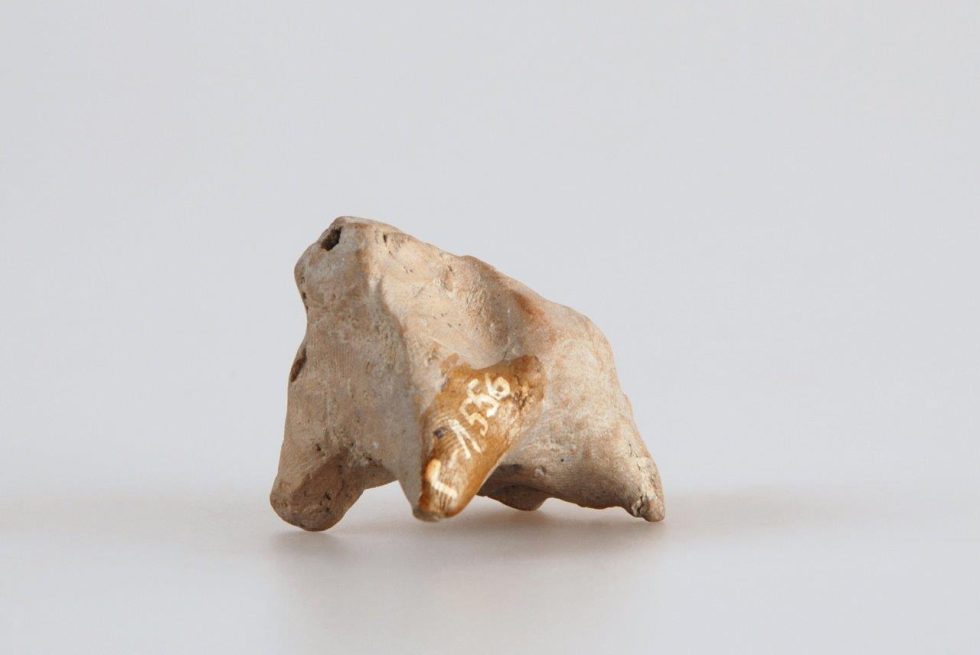
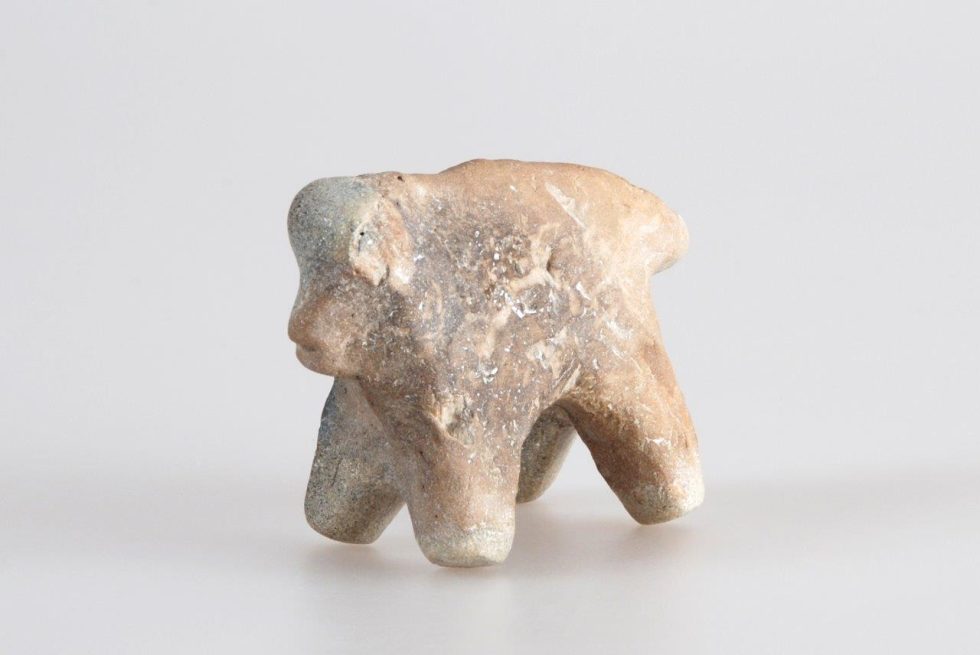
These miniature ceramic objects have long been a conundrum for curators. However, noticing fingerprints on them, the archaeologists of the Museum decided to turn to those who most often deal with fingerprints – the Forensic Laboratory of the Police Administration in Novi Sad. And their joint work has brought us...
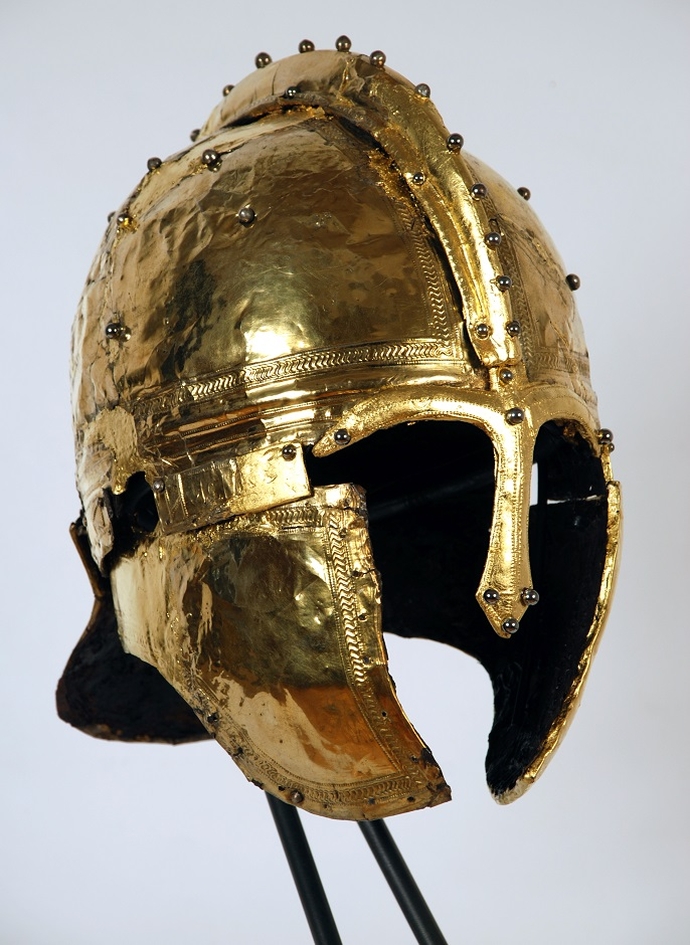
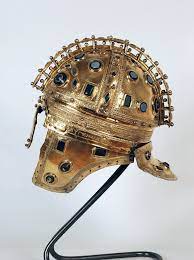
The Museum of Vojvodina is the only Museum in the world that can boast of keeping three examples of these valuable helmets, named after the place where the first two were discovered – Berkasovo-type helmets The attractiveness of the helmets is enhanced by the unusual, adventurous story of their discovery....
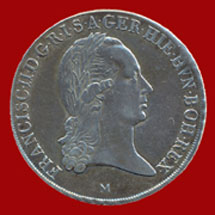
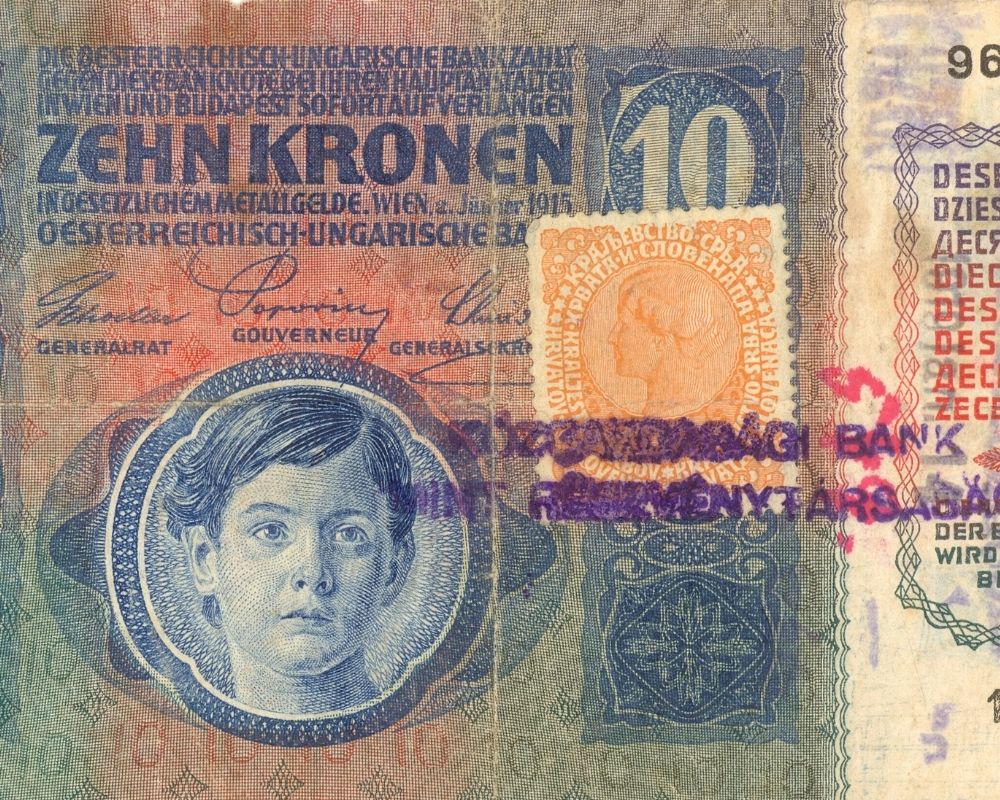
A sure sign of constant migrations on the territory of Vojvodina throughout the past is the extremely rich numismatic collection kept in the Museum

Because of the digital tools we are surrounded by today, the skill of writing beautifully by hand is slowly becoming a rarity. In the display case, there are handwritten books from when this skill was also rare and implied true artistic mastery
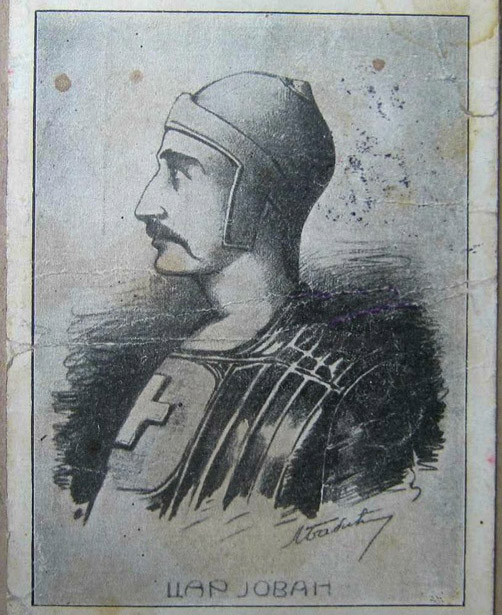
In 1526, while a large part of today’s Vojvodina was under the rule of the Ottomans in the northwest of Vojvodina, a mysterious man appeared with a black scar that stretched over the entire right side of his body. With his charisma and the strange stories that followed him, he...

When he started the uprising of the Serbs against the Ottoman rule, the bishop of Vršac, Teodor Nestorović, could not have imagined that the collapse of the uprising would lead to a terrible punishment. Seeing the faith with which the people march under the banner of Saint Sava, the commander...

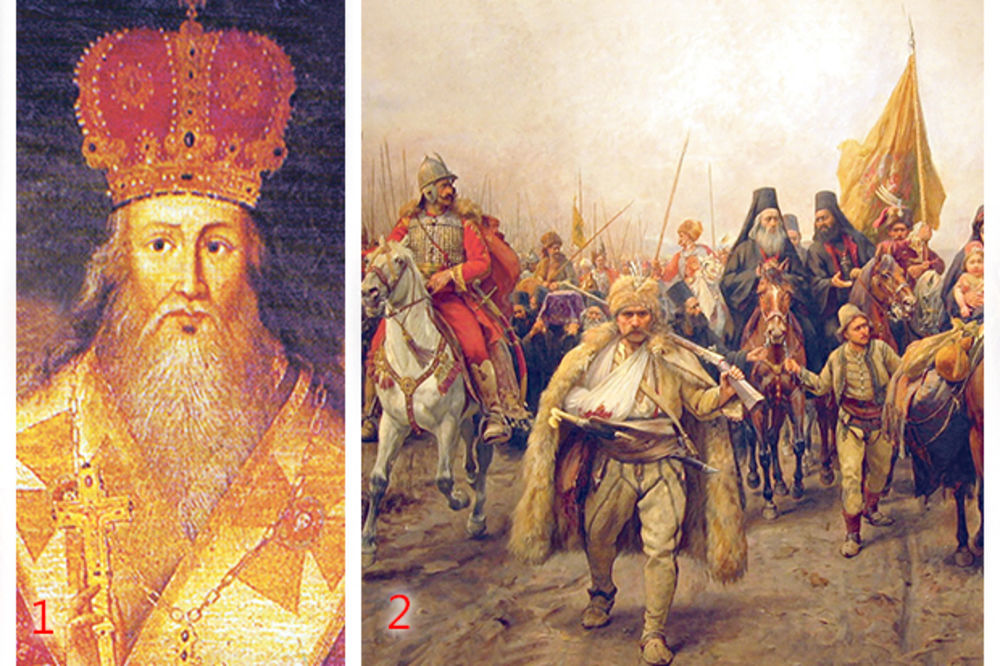
The Patriarch 3th Arsenije Čarnojević led the great migration of Serbs in 1690 when, under the pressure of the Ottomans, the people were forced to leave their hearths in the area of today’s southern Serbia, Kosovo and northern Macedonia, and embark on a journey almost 1000 kilometers long. It was...
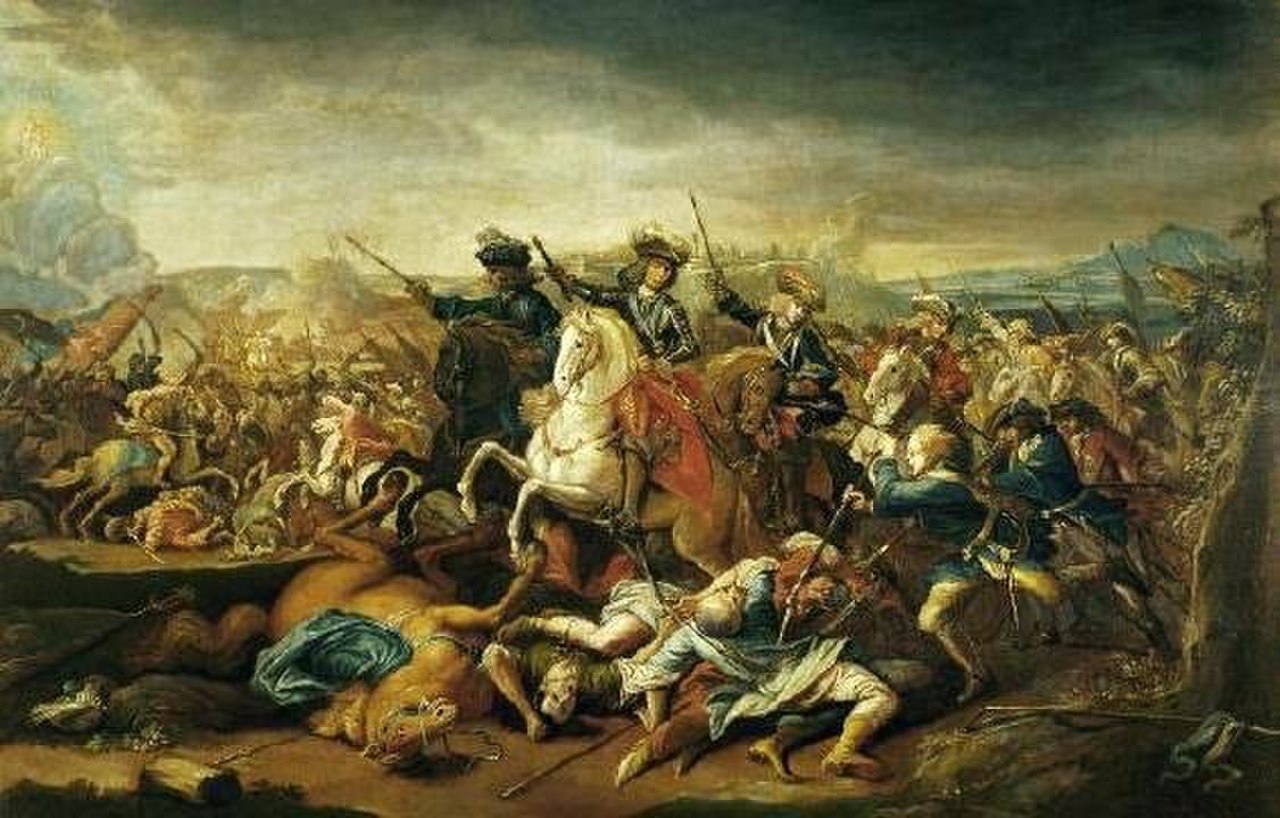
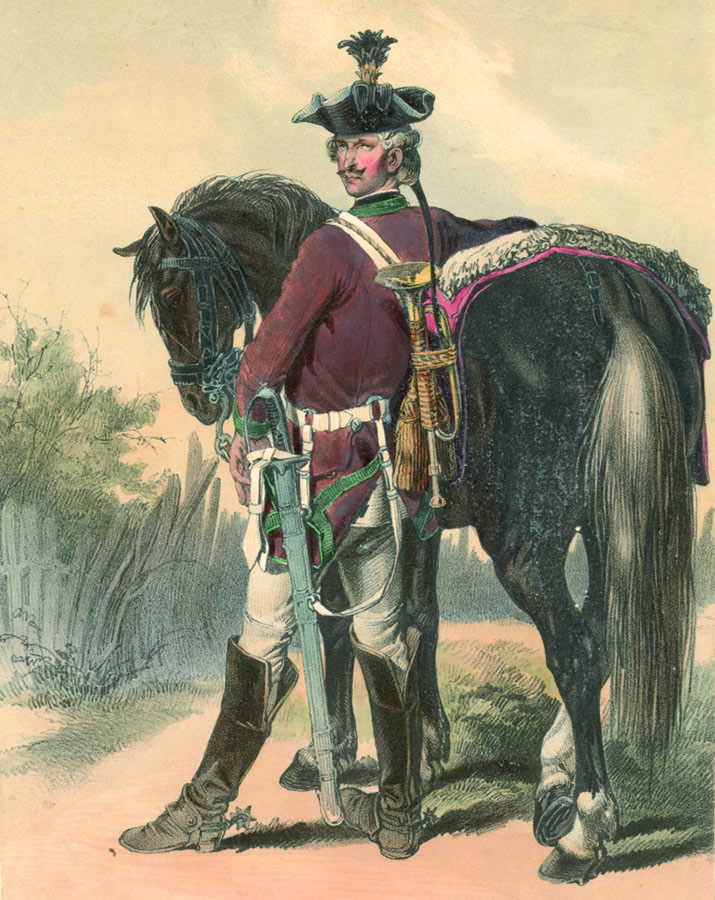
In times without cameras and cameras, when preparing for big battles, military leaders often hired artists who they took on military campaigns to record war scenes. Jan van Huchtenburg, a Dutch painter and graphic artist, was in the service of one of the greatest military commanders in European history –...
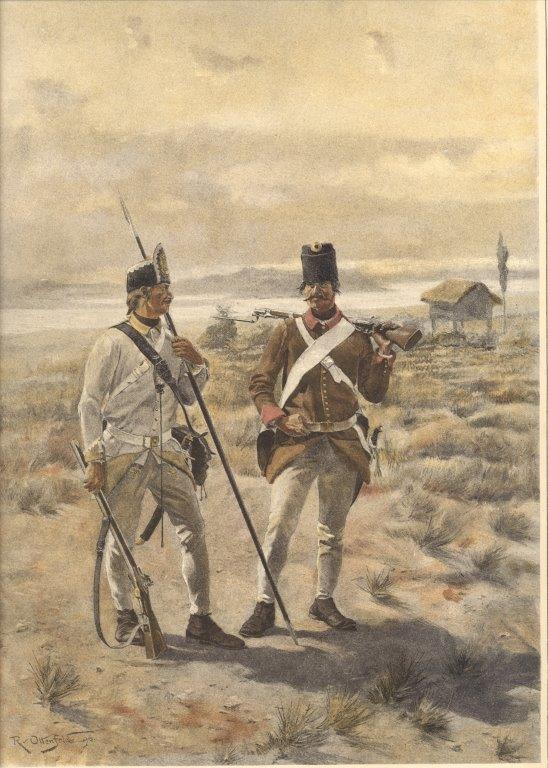
Peace from within, peace on the outside – was the motto of the most elite military formation that protected the border areas of the Habsburg Monarchy from Ottoman attacks. This formation was made up of Serbian soldiers. They were called- shaikas.
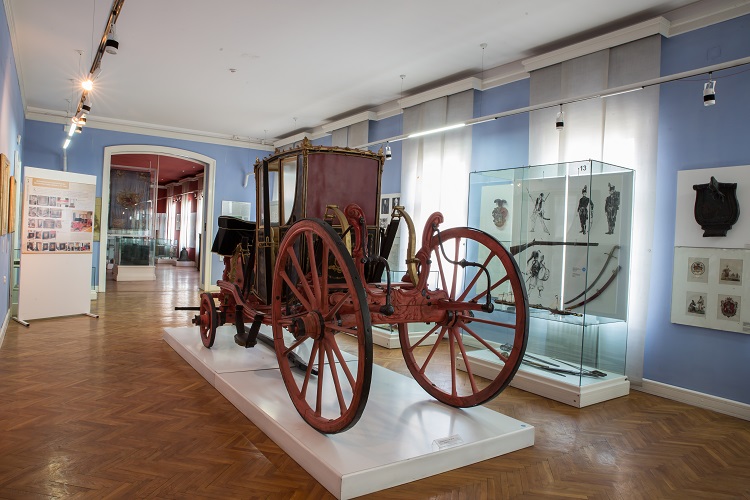
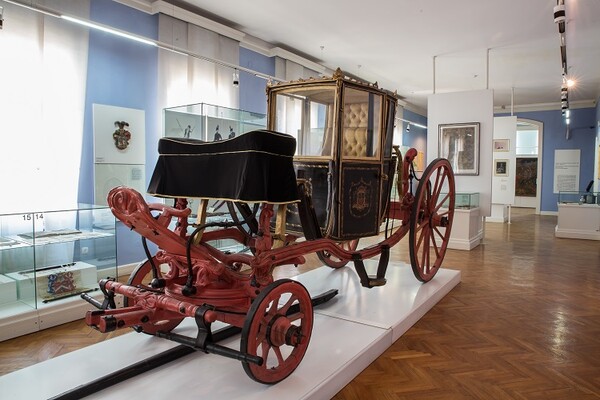
While looking at the only preserved carriage from the 18th century on the territory of Serbia, do you wonder how comfortable it was to travel in it and how long it took to travel from Novi Sad to, for example, Budapest or even to Vienna?
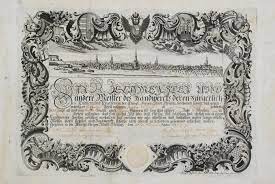

Many representations of a city exist, but only one is the oldest. In front of you is the oldest known artistic representation of Novi Sad, with its seven city churches, the building of the bishop’s residence, the Petrovaradin fortress, and part of the bridge defense.
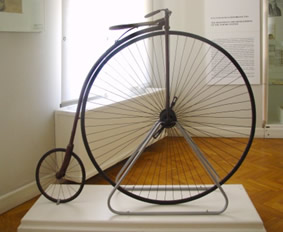
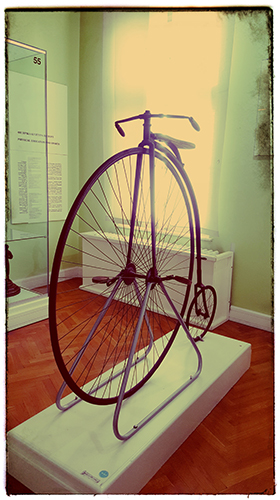
Before the invention of motorcycles, cars, and airplanes, cyclists reached the highest speed of human movement by riding on a fast two-wheeler. The first bicycles powered by pedals mounted on the front wheel appeared in 1861 in France They were made of metal, and the front wheel was much larger...
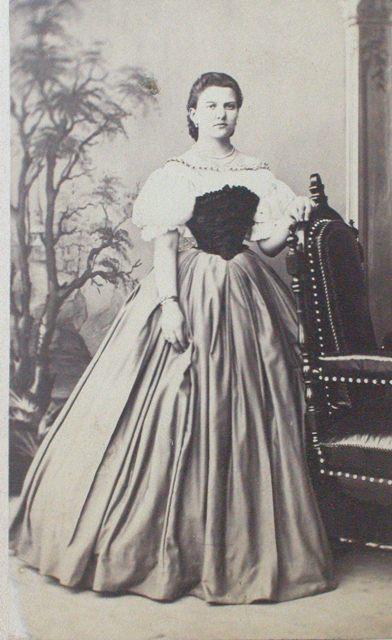
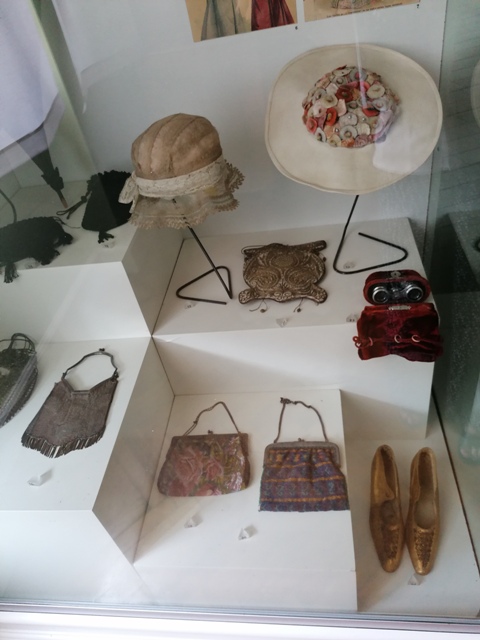
In the 19th century, balls were the most popular form of socializing among the citizens. On them, the cavaliers showed their affection for the ladies by writing their name for the dance in the dance order – a decorative booklet, a kind of dance order.
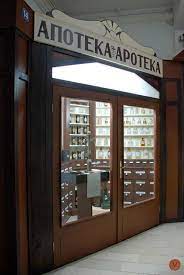
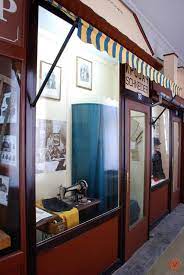
Do you need an elegant hat, a doll, or a dinner set? Stop by Old Town Street, full of small shop windows and artisan workshops typical of the period of the second half of the 19th and the beginning of the 20th century
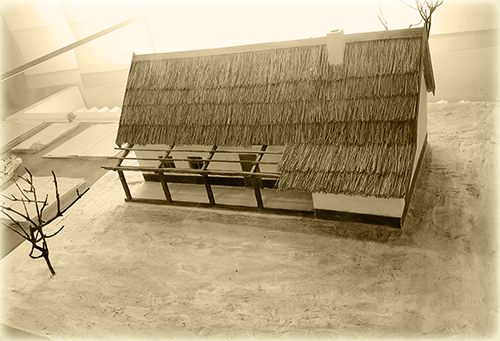
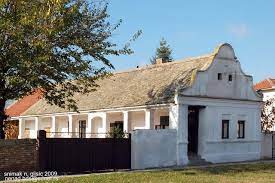
The porch is a covered part of the house, which most often occurs on the longer courtyard side. In addition to its aesthetic values expressed in decorative woodworking, it also had an important communicative role in the daily life of a family in the countryside.
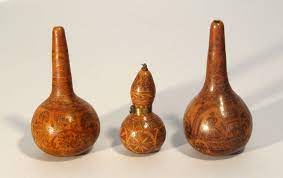
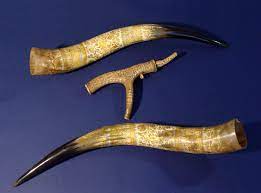
The Shepherd’s art, which is also due to the nature of the profession, which implies a lot of free time, is mostly represented in decorated shepherd’s equipment, such as shepherd’s staffs, whips, flasks, flasks for brandy, flutes, leather cans, horns and other small items.
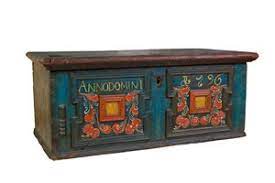
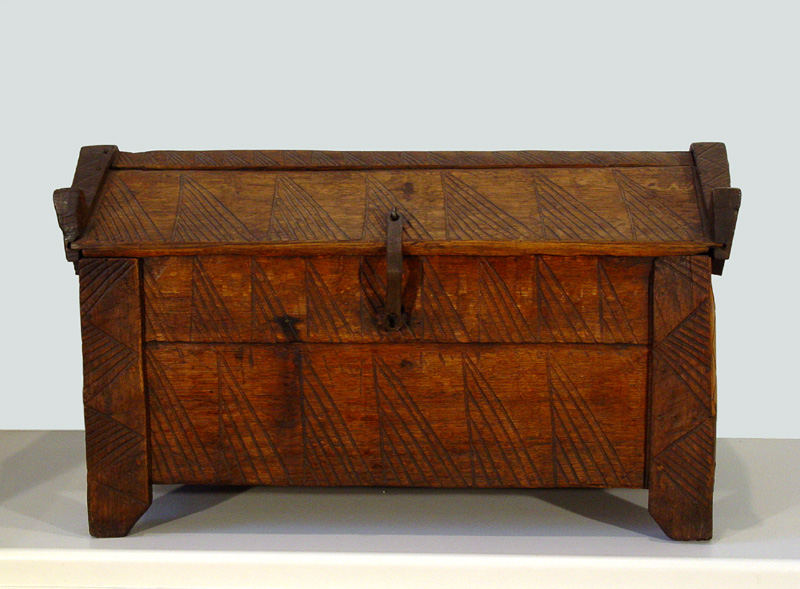
Elements of furniture, as well as the arrangement of the house as a whole, have always contained more meaning and value than their utilitarian function. In this way, an object like a wooden chest, which was used primarily for storing and storing things, was a symbol of a woman’s position...
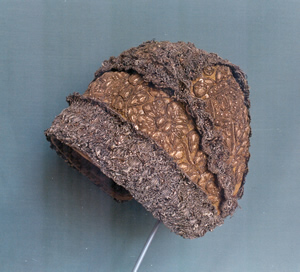
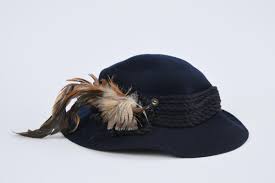
Decorating and covering the hair was one of the most significant indicators of a woman’s status in traditional society.

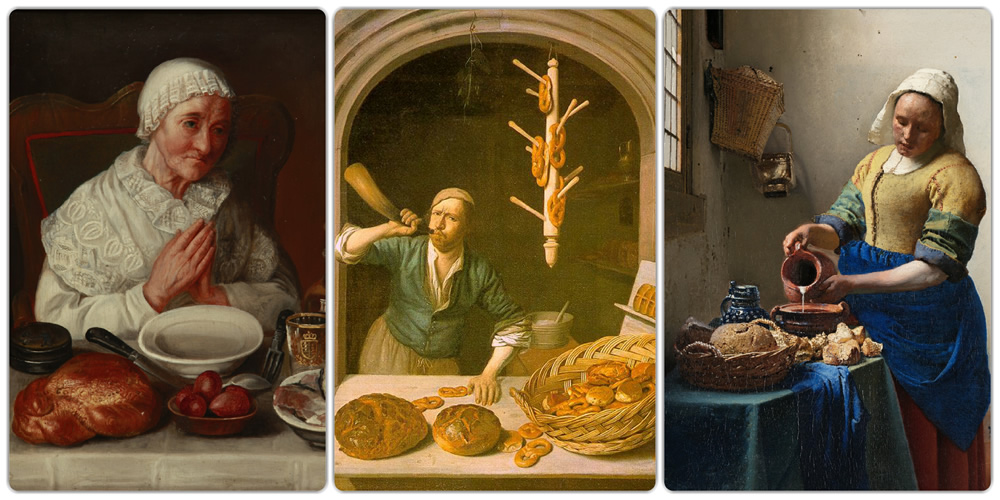
For most people, the smell of freshly baked bread brings back many memories or makes them hungry. Baked sourdough bread is a staple in people’s diets in many cultures worldwide.

Today, many people do not know what a leatherworker makes. However, in the past, it was unthinkable to face the winter without the products of these masters. Their craft is also known as leather craft or fur craft. Maybe now you can guess what the leatherworker makes?